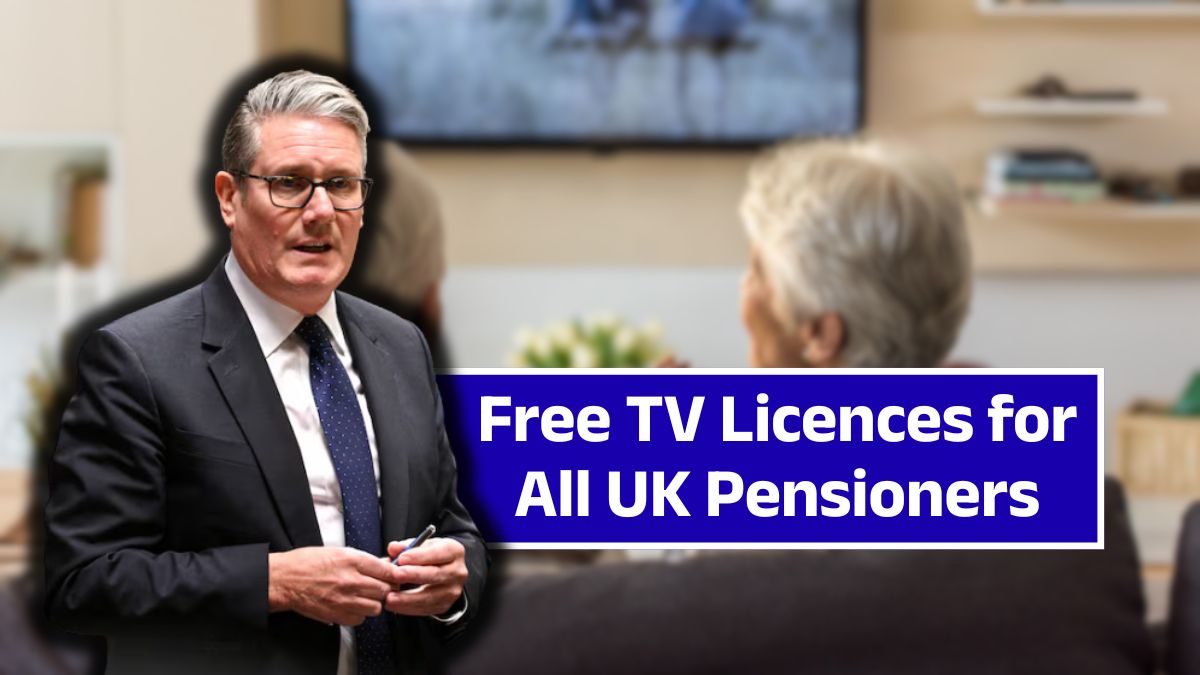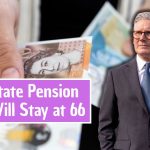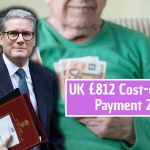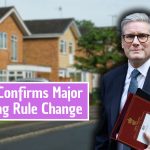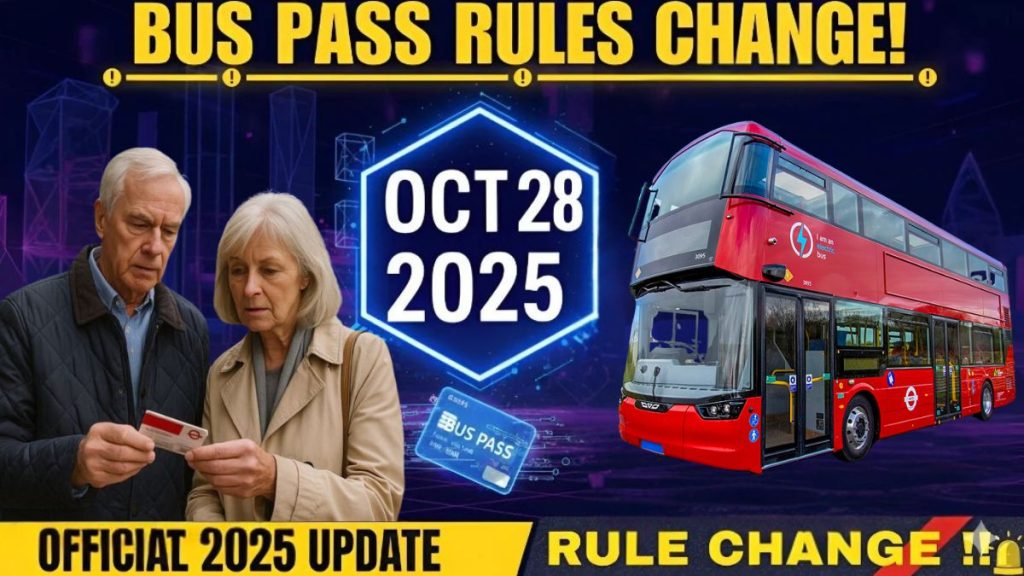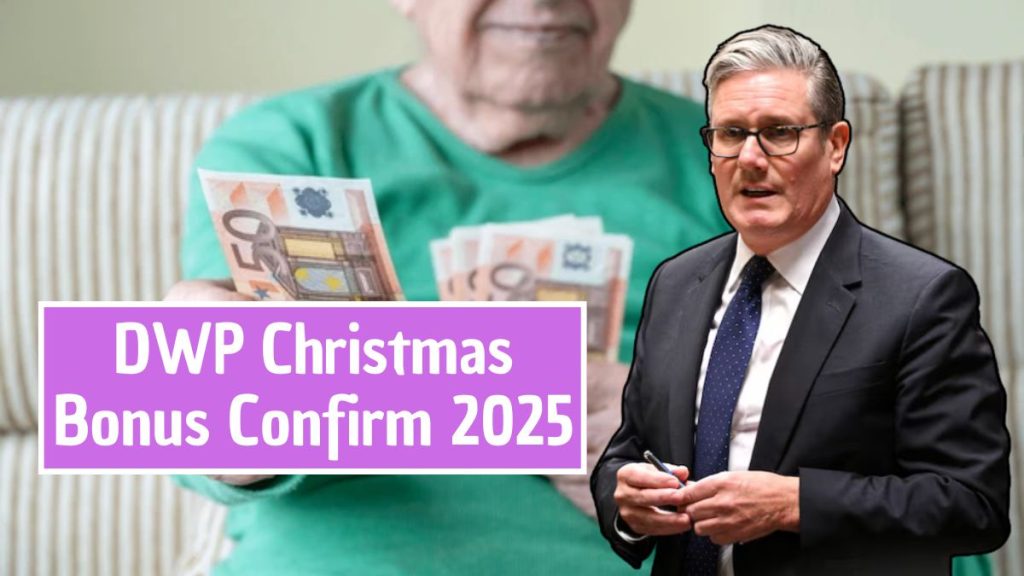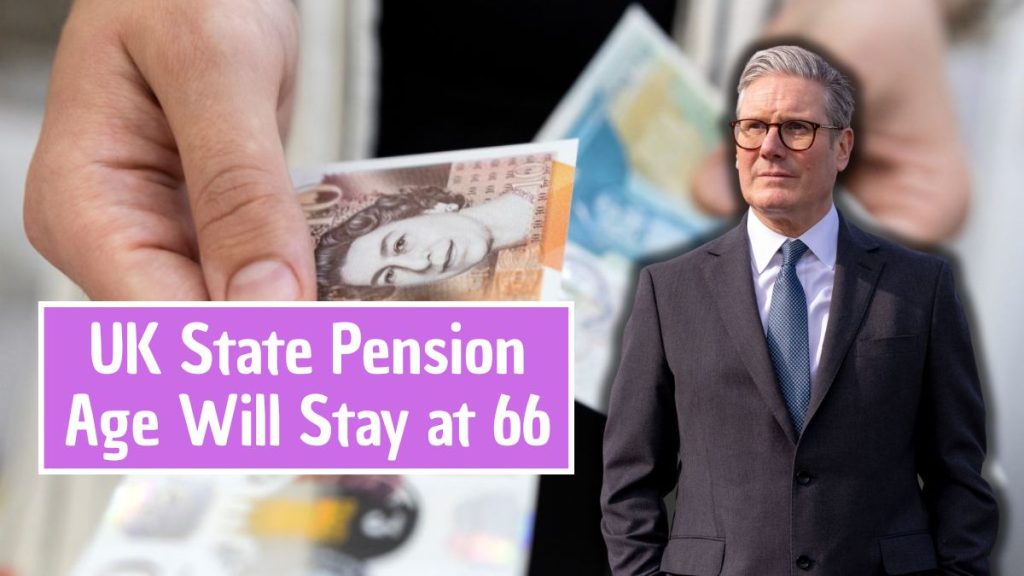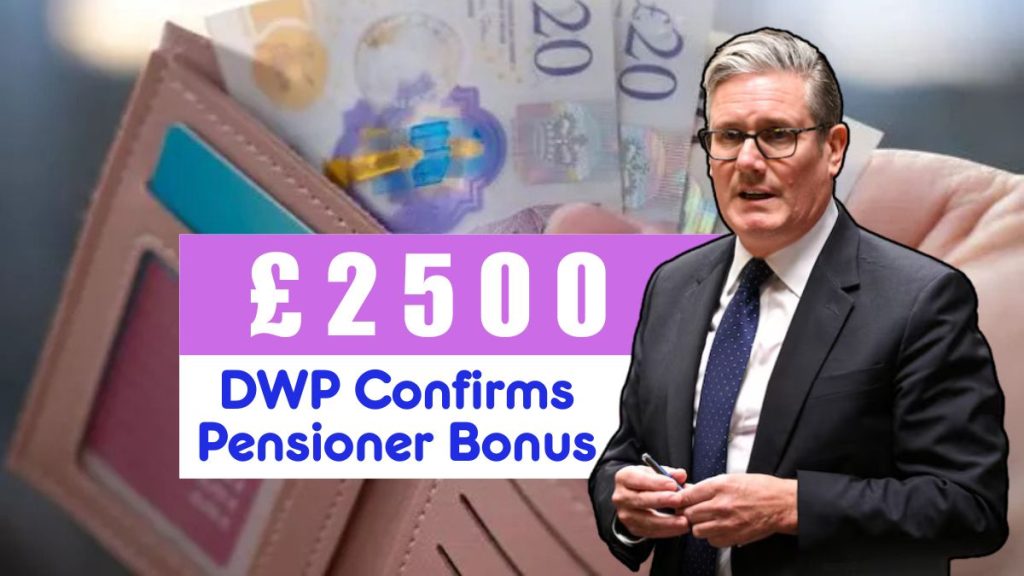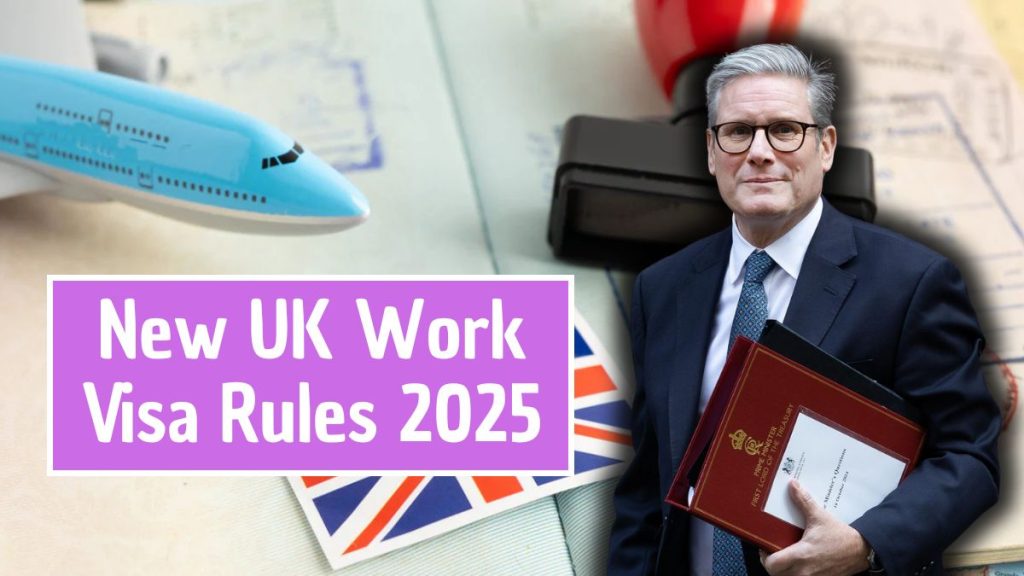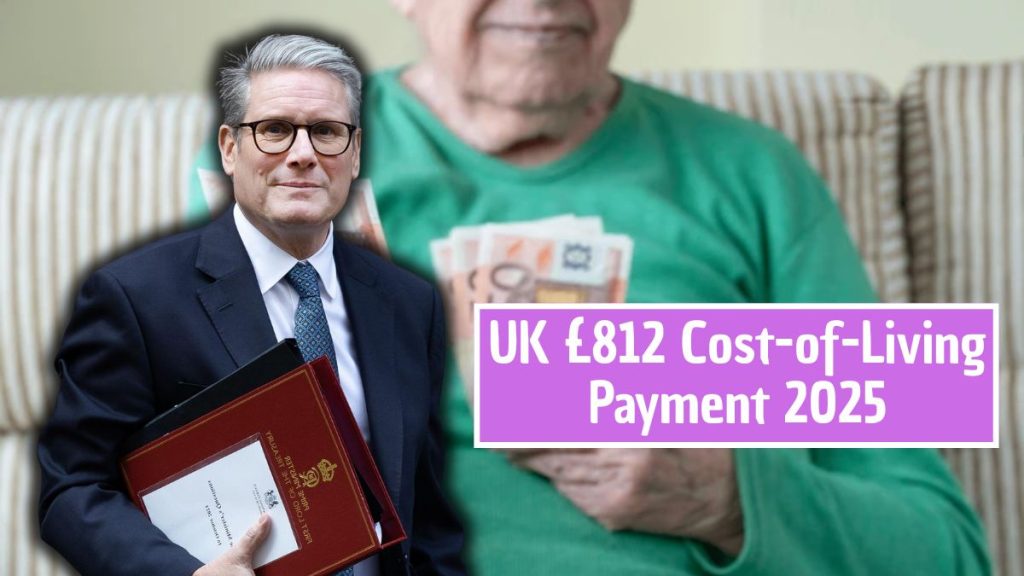In a landmark decision, the UK Government has officially approved the return of free TV licences for all pensioners, marking one of the most significant welfare policy reversals in recent years. The new scheme will allow every pensioner aged 65 and over to watch live television and access BBC iPlayer without paying the annual licence fee of £169.50.
This long-awaited move follows months of public debate, campaigns by pensioner groups, and pressure from MPs demanding stronger support for retirees facing financial hardship. The change has been welcomed as a “victory for fairness” and a lifeline for millions of elderly citizens struggling with the cost of living.
“Every pensioner has contributed to our country throughout their working lives,” said a government spokesperson. “It is only right that we ensure they can enjoy television without added financial stress.”
Background: The Fight for Free TV Licences
Until 2020, all UK residents aged 75 and above were entitled to a free TV licence funded by the government. However, after funding responsibility was transferred to the BBC, the benefit was restricted to those receiving Pension Credit, leaving out millions of older viewers.
This decision drew widespread criticism from charities, campaigners, and pensioners themselves, many of whom felt unfairly penalised despite modest incomes just above the Pension Credit threshold. The issue became a major flashpoint in the ongoing debate over how to protect vulnerable pensioners amid rising inflation and utility costs.
The new policy now reinstates free licences for all pensioners, ending a five-year battle over fairness and accessibility in public broadcasting.
What the New Rule Means
From the start of the next financial year, all UK citizens aged 65 or above will automatically qualify for a free TV licence. This means:
- No annual fee of £169.50 for watching live TV or BBC iPlayer.
- Automatic eligibility — no complex applications or proof of income required.
- Government-funded scheme, ensuring the BBC’s programming budget remains unaffected.
The Department for Culture, Media and Sport (DCMS) confirmed that this change forms part of a broader plan to ease cost-of-living pressures for seniors and restore public confidence in the fairness of pensioner benefits.
Who Qualifies for a Free TV Licence
The eligibility rules are now simpler and universal. Pensioners qualify if they:
- Are aged 65 or above at the start of the new scheme.
- Live permanently in the UK.
- Have a valid National Insurance number for verification.
Those currently receiving Pension Credit or other senior benefits will automatically transition to the new system. The DWP has assured that no re-application is needed for existing free licence holders.
For new applicants turning 65 after the rollout begins, the licence will be issued automatically once their age and residency are verified.
How to Apply for the Free Licence
While the rollout will be largely automatic, pensioners who have not previously held a free licence may need to confirm their details. The TV Licensing Authority and BBC have introduced simplified application options to ensure accessibility for everyone.
Application Steps:
- Visit the official TV Licensing website or call the dedicated helpline.
- Enter your National Insurance number and date of birth.
- Confirm your residential address and contact details.
- Receive confirmation by post or email once the free licence is activated.
For those without internet access, applications can be completed by post or phone, and assistance will be available through Age UK and local council offices.
Digital and Paper-Free Options
As part of the government’s digital transformation initiative, pensioners can now choose between digital or traditional paper licences.
- Digital Licence: Linked to the household address and accessible via GOV.UK.
- Paper Licence: Still available for those who prefer physical documentation.
Officials have emphasised that offline support will continue for those unfamiliar with digital services, ensuring that no pensioner is excluded due to technology barriers.
Why This Policy Matters
Television plays a vital role in the lives of older citizens, providing information, companionship, and entertainment. For many who live alone or face mobility challenges, TV remains a primary connection to the outside world.
With household bills and food prices continuing to rise, removing the £169.50 fee provides meaningful relief. According to Age UK, this change could save pensioners collectively over £600 million a year, freeing up income for essentials like heating, medication, and groceries.
“This policy recognises the social value of television and the need to protect older citizens from isolation,” said Caroline Abrahams, Charity Director of Age UK.
Government’s Official Statement
In a joint statement, the Department for Culture, Media and Sport (DCMS) and the Treasury said the policy “honours our commitment to support pensioners with dignity and respect.”
“Every pensioner deserves access to the nation’s public broadcasting service without worrying about affordability. This reform ensures fairness, simplicity, and security for older viewers.”
The government confirmed that the new system will be funded through public expenditure, not through cuts to the BBC budget.
How the Scheme Will Be Funded
The free TV licence initiative will be financed via a newly created Senior Support Fund, to be introduced in the 2025–26 fiscal year.
This fund will draw from general taxation and be managed jointly by the Treasury, DWP, and DCMS. The arrangement ensures:
- Long-term financial sustainability of the scheme.
- No impact on the BBC’s programming budget.
- Transparency and accountability through annual government reports.
Officials have stated that the cost will be “modest relative to the overall welfare budget” but will deliver “significant social value.”
Impact on the BBC and Public Broadcasting
For the BBC, this announcement is also a relief. Since 2020, the corporation had been responsible for covering the cost of free licences for pensioners receiving Pension Credit, which placed pressure on its finances.
Under the new system:
- The BBC will no longer fund free licences.
- Its operational budget will stabilise, allowing for greater investment in content.
- The broadcaster can focus on regional, educational, and cultural programming that benefits older audiences.
The partnership between the government and the BBC demonstrates a renewed commitment to public broadcasting as a shared national service, accessible to everyone regardless of income.
Reaction from Pensioners and Advocacy Groups
The response from both the public and advocacy groups has been overwhelmingly positive.
Age UK, Silver Voices, and Independent Age — three major organisations that campaigned for reinstatement — have described the decision as “a victory for fairness and compassion.”
Public sentiment highlights widespread relief:
- Many pensioners say the change will ease pressure on household budgets.
- Advocacy groups have called it a “moral victory” for the elderly.
- Economists note it may boost consumer confidence among older populations.
Even opposition parties have largely supported the move, while urging transparency about long-term funding.
Economic and Social Benefits
The reinstatement of free TV licences will have ripple effects across the economy and society.
Economic Impact:
- Frees up disposable income for pensioners, potentially increasing local spending.
- Reduces administrative costs associated with means-testing and enforcement.
Social Impact:
- Strengthens inclusion and combats loneliness.
- Ensures equitable access to news, emergency information, and public service media.
- Reinforces the cultural connection between the BBC and its senior audience.
Charities argue that this single measure could make a significant difference in mental well-being for millions of isolated pensioners.
What Pensioners Should Do Next
Before the official rollout, pensioners are advised to take a few preparatory steps:
- Check your eligibility on the official TV Licensing website.
- Update your address and contact details with the DWP or TV Licensing service.
- Keep your National Insurance number ready for verification.
- Watch for official updates via GOV.UK or trusted media outlets.
- If you’ve recently renewed your licence, you may qualify for a partial refund once the scheme begins.
The government is expected to publish further guidance closer to the launch date, outlining refund procedures and verification timelines.
A Turning Point for Pensioner Welfare
The restoration of free TV licences marks a significant shift in how the UK supports its elderly population. It not only addresses financial concerns but also symbolises recognition of pensioners’ lifelong contributions to society.
For many, this is more than a policy — it’s a statement of respect. As one campaigner told BBC Radio 4:
“This isn’t about free television. It’s about dignity, inclusion, and the promise that no one will be left behind in later life.”
Frequently Asked Questions (FAQs)
1. When will the free TV licence scheme for pensioners begin?
The new policy will take effect from the next financial year, with exact rollout dates to be confirmed in early 2025.
2. Who qualifies for a free TV licence?
All UK residents aged 65 and above who live permanently in the country will automatically qualify.
3. Do I need to apply for the free licence?
Most pensioners will be enrolled automatically. However, those not previously registered may need to verify their details via the TV Licensing website or helpline.
4. Will this affect the BBC’s funding?
No. The scheme will be fully government-funded, allowing the BBC to maintain its existing budget for programming and services.
5. Can I get a refund if I recently paid for a licence?
Yes. Pensioners who have already paid may be eligible for partial refunds depending on the date of payment once the free scheme starts.
